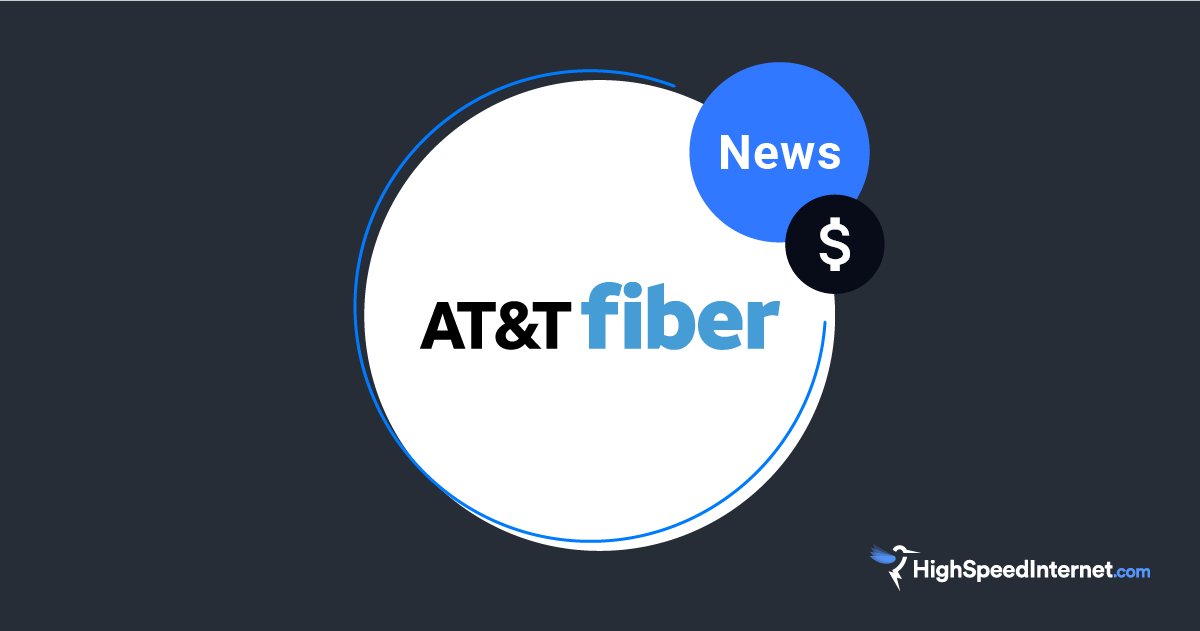Oral Arguments Presented on the Future of Net Neutrality
The Sixth Circuit signals skepticism of the FCC’s 2024 ruling
Nov 5, 2024 | Share
News
On Oct. 31, a panel of three judges of the U.S. Sixth Circuit Court of Appeals heard oral arguments in the case brought against the FCC’s net neutrality rules by the telecom industry. The industry groups who sued to block the new rules argued that the FCC’s net neutrality rules exceed the agency’s regulatory power and must, therefore, be overturned.
The case hinges on the discretion given by Congress to federal agencies. While lawyers for the FCC argued that issues like net neutrality are why the agency was created, the court voiced concerns about giving the FCC the power to follow through on its ruling.
Do you feel like your internet provider treats you fairly?
Enter your zip code below to see the other options available in your area.
What is the net neutrality case about?
The challenge to the recent reinstatement of net neutrality protections was filed by representatives of the telecom industry following the FCC’s vote in April 2024. The enforcement of the rules were paused on July 12, awaiting the decision of the Sixth Circuit.
The FCC’s rules reinstated net neutrality protections, which is the position that companies that control the internet’s physical infrastructure should be required to treat all data moving across their networks equally. This means not blocking, slowing, or otherwise penalizing users based on the content, source, or destination of their data. This prevents internet service providers (ISPs) from making backroom deals to advantage one company over its competition.
Net neutrality is foundational to the way the internet was built as a free, open, and fair medium of communication. Today’s tech giants owe their success to the level playing field that they were allowed to take advantage of in the 90s and early 2000s; however, following the repeal of net neutrality protections in 2018, we saw many of these companies trying to tip the scales in their favor, such as by throttling the internet of firefighters during a fire, upselling customers during natural disasters, and sabotaging their competitor’s apps.
In September 2023, following several years of deadlock, the FCC finally confirmed the fifth member of the commission and new net neutrality rules that were passed on April 25, 2024. Now the fate of the FCC’s new net neutrality protections are in the hands of the Sixth Circuit Court.
Sixth Circuit voices its concerns
During oral arguments, Jeffrey Wall, the telecom industry representative, argued that the net neutrality rules were a power grab to come down hard on a previously unregulated industry:
“It’s about unlocking a suite of government powers to take an industry that has historically been unregulated by the federal government … taking it into a world of heavy-handed regulation that will extend far beyond net neutrality. It will extend to everything about the internet.”
The FCC’s lawyers argued that defining what is and is not considered a common carrier is a basic function of the agency and clearly falls within the authority it was given and within Congress’ expectations of its role when it was created.
In response to the FCC’s arguments, Judge Richard Allen Griffin pointed out that the agency has flipped back and forth on the issue multiple times as the partisan split of the FCC changed. He voiced his concern that if the question is such a close call, perhaps they should defer to less regulation by federal agencies.
The power of federal agencies has been a contentious topic ever since the Supreme Court overturned decades of deference toward these agencies in June of this year, just weeks after the FCC’s new rule was passed. Ironically, as the Electronic Frontier Foundation points out, the repeal of net neutrality protections under Ajit Pai’s FCC was only possible because courts deferred to the FCC on the internet’s status as a telecommunications service, rather than following the more straightforward reading that the courts had previously confirmed.
Judge Raymond Kethledge seemed more persuaded by the FCC’s arguments, noting in regards to the status of the internet as a telecommunications service, “you have kind of two mutually exclusive categories here … and the agency, in doing its work, is probably going to have to make classifications about each one of these.”
Depending on the court’s decision, the losing side could ask for the full slate of Sixth Circuit judges to hear the case. It’s also very likely that the decision could eventually be appealed to the Supreme Court. Of course, the outcome of this week’s presidential election will be the biggest factor in the future of the case and the FCC’s net neutrality rules, which could see the FCC’s partisan balance shifted once again.
Author - Peter Christiansen
Peter Christiansen writes about telecom policy, communications infrastructure, satellite internet, and rural connectivity for HighSpeedInternet.com. Peter holds a PhD in communication from the University of Utah and has been working in tech for over 15 years as a computer programmer, game developer, filmmaker, and writer. His writing has been praised by outlets like Wired, Digital Humanities Now, and the New Statesman.
Editor - Jessica Brooksby
Jessica loves bringing her passion for the written word and her love of tech into one space at HighSpeedInternet.com. She works with the team’s writers to revise strong, user-focused content so every reader can find the tech that works for them. Jessica has a bachelor’s degree in English from Utah Valley University and seven years of creative and editorial experience. Outside of work, she spends her time gaming, reading, painting, and buying an excessive amount of Legend of Zelda merchandise.



